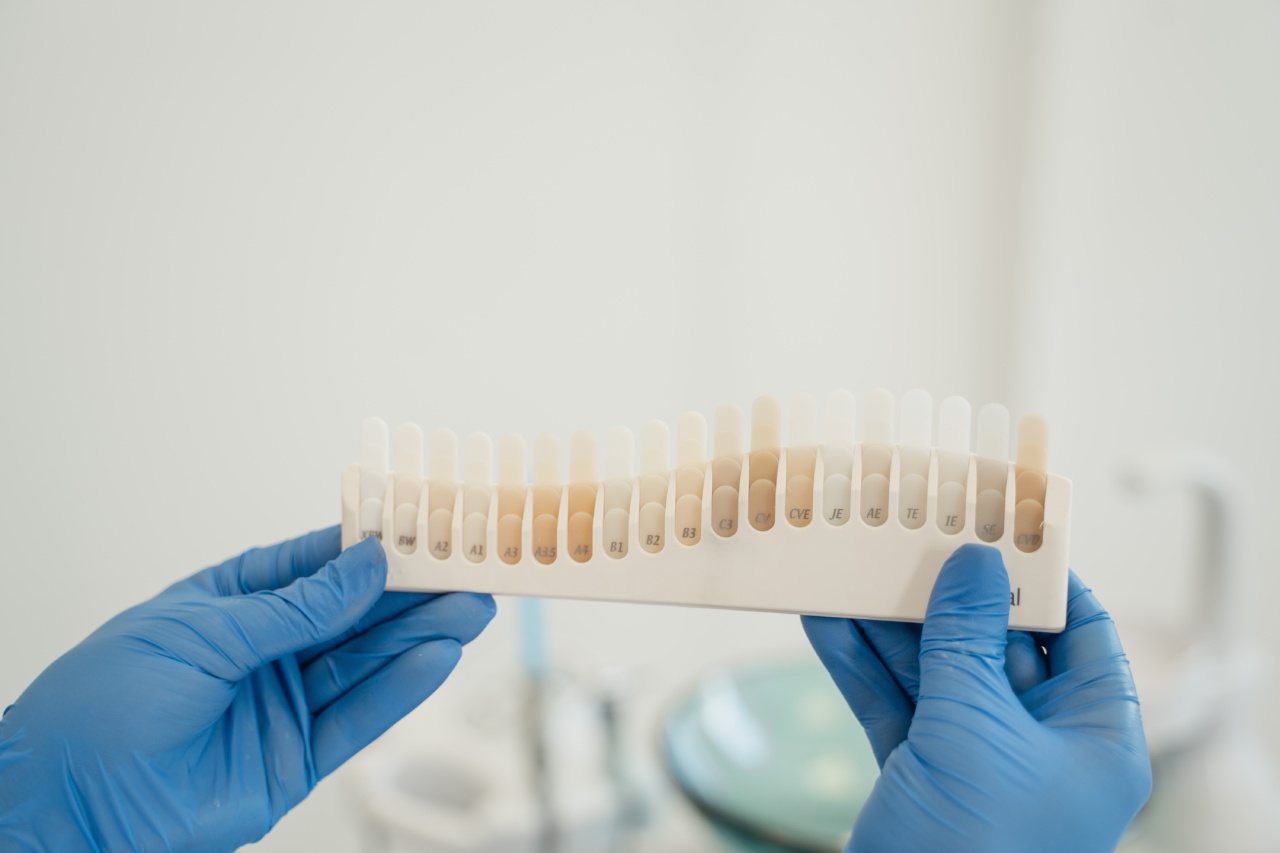Tourette Syndrome (TS) is a neurological disorder that affects the brain and nervous system. People with TS experience involuntary physical and vocal tics, which can be repetitive and difficult to control.
Although TS is commonly associated with uncontrollable swearing, only a small percentage of people with TS have this symptom. TS is a complex disorder that can vary widely in severity and presentation. In this comprehensive guide, we will cover the symptoms, causes, diagnosis, and treatment of TS, as well as provide resources for further information and support.
Symptoms
The hallmark symptoms of TS are involuntary tics, which can be physical or vocal, and can vary in frequency, intensity, and complexity over time.
Physical tics can include eye blinking, facial grimacing, shoulder shrugging, and jerking movements of the arms or legs. Vocal tics can include throat-clearing, grunting, sniffling, or repeated words or phrases (also known as echolalia or coprolalia).
Tics are often described as a sudden, irresistible urge to move or speak, and can be worsened by stress, anxiety, or excitement. Tics typically first appear in childhood, between the ages of 5 and 10, and can persist into adulthood.
In some cases, tics may decrease or disappear entirely during adolescence or early adulthood. However, some people with TS may continue to experience tics throughout their lives.
Causes
The exact cause of TS is unknown, but it is thought to involve a combination of genetic and environmental factors. TS tends to run in families, and researchers have identified several genes that may be involved in the development of the disorder.
However, not all people with the genetic predisposition to TS will develop the disorder, suggesting that environmental factors may also play a role.
One theory is that TS may be related to imbalances in certain neurotransmitters (chemical messengers) in the brain, including dopamine, serotonin, and norepinephrine.
These imbalances may affect the development and functioning of certain brain regions involved in motor control and impulse regulation.
Diagnosis
Diagnosing TS can be challenging, as there is no definitive test or biomarker for the disorder. Instead, diagnosis is typically based on a thorough evaluation of the individual’s symptoms, medical history, and family history.
A diagnosis of TS requires the presence of multiple motor tics and at least one vocal tic, which have persisted for more than a year, and which have occurred before the age of 18.
Other medical conditions that can cause similar symptoms, such as seizure disorders, thyroid disorders, or medication side effects, must be ruled out before a diagnosis of TS can be made.
In some cases, a referral to a neurologist or other specialist may be necessary.
Treatment
Although there is no cure for TS, there are treatments that can help to manage symptoms and improve quality of life.
The goals of treatment are to reduce the frequency and severity of tics, minimize any associated symptoms (such as anxiety or obsessive-compulsive behaviors), and improve social functioning and self-esteem.
Behavioral therapies, such as habit reversal training and cognitive-behavioral therapy, can be effective in reducing tics and helping people with TS cope with associated difficulties, such as anxiety and depression.
Medications can also be used to manage tics, and may include antipsychotics, alpha-adrenergic agonists, and selective serotonin reuptake inhibitors (SSRIs).
In some cases, deep brain stimulation (DBS) or other surgical procedures may be considered for severe cases of TS that have not responded to other treatments.
However, these treatments are typically reserved for only the most severe and disabling cases of TS, and carry significant risks and potential side effects.
Resources and Support
Living with TS can be challenging, but there are many resources and support networks available for individuals with TS and their families.
The Tourette Association of America (www.tourette.org) is a non-profit organization that provides advocacy, education, and support to those affected by TS. Local support groups and online forums can also be a valuable source of information and community.
Conclusion.
Tourette Syndrome is a complex disorder that can cause significant distress and impairment in daily life. However, with proper diagnosis and treatment, many people with TS are able to manage their symptoms and lead fulfilling lives.
By educating ourselves and raising awareness about TS, we can help to reduce stigma and provide support to those affected by the disorder.































